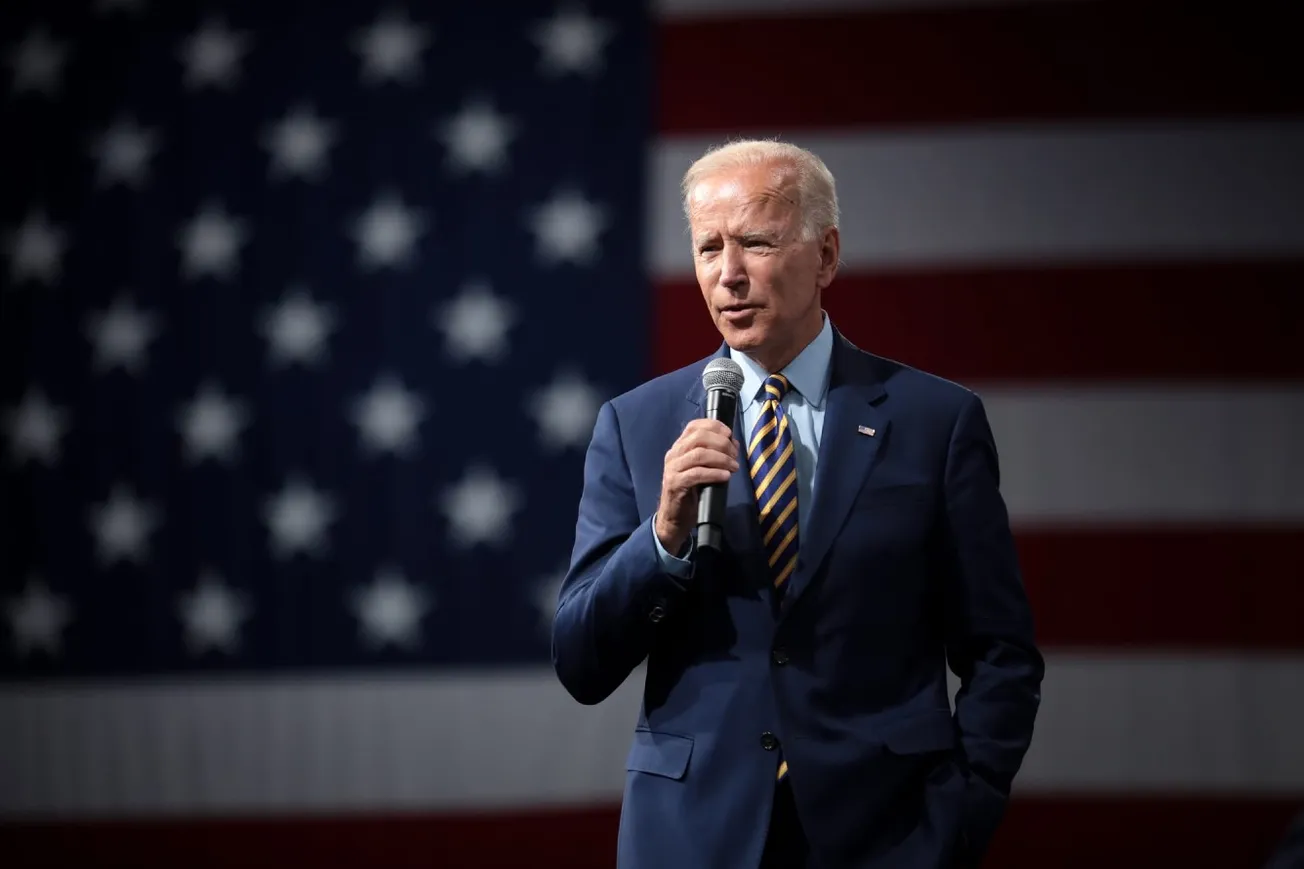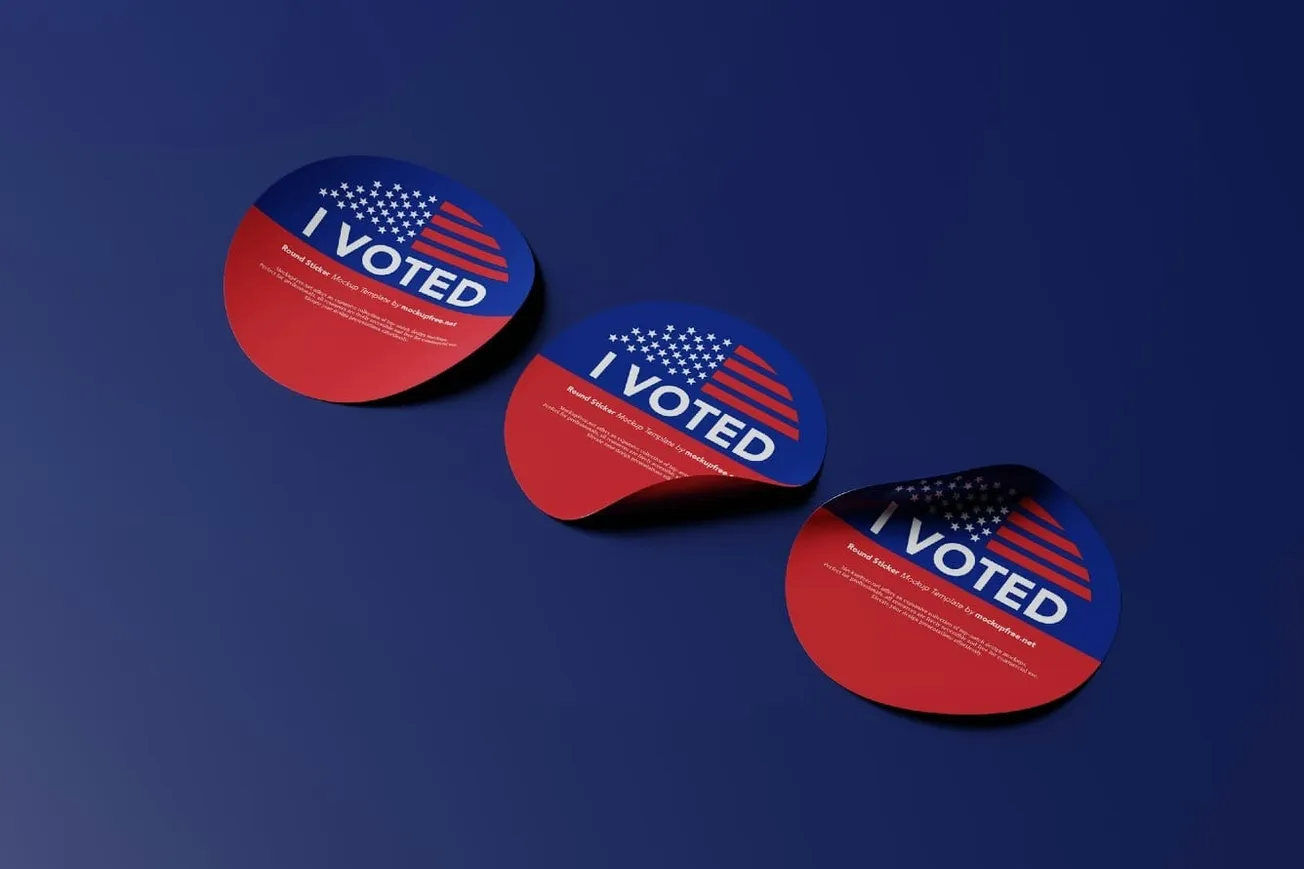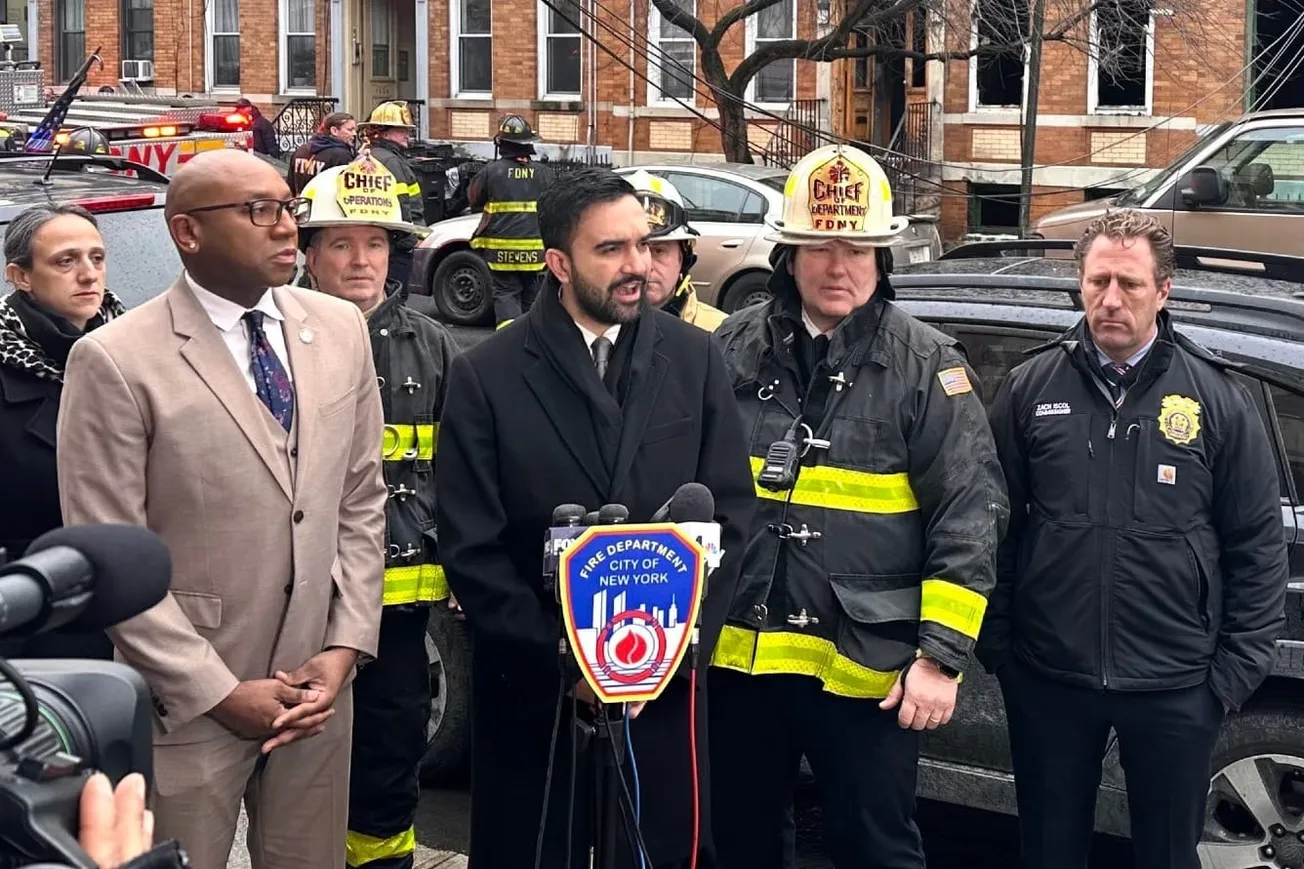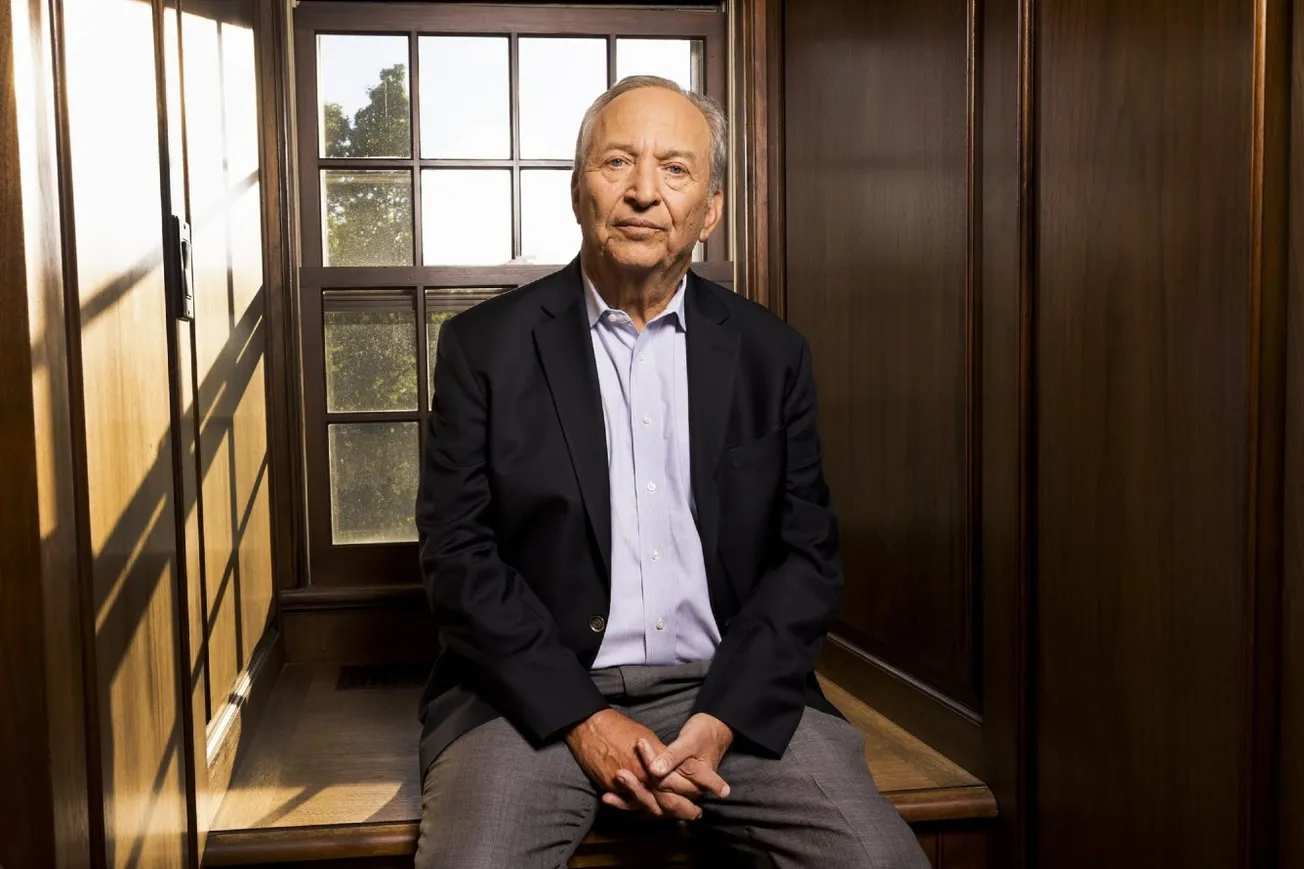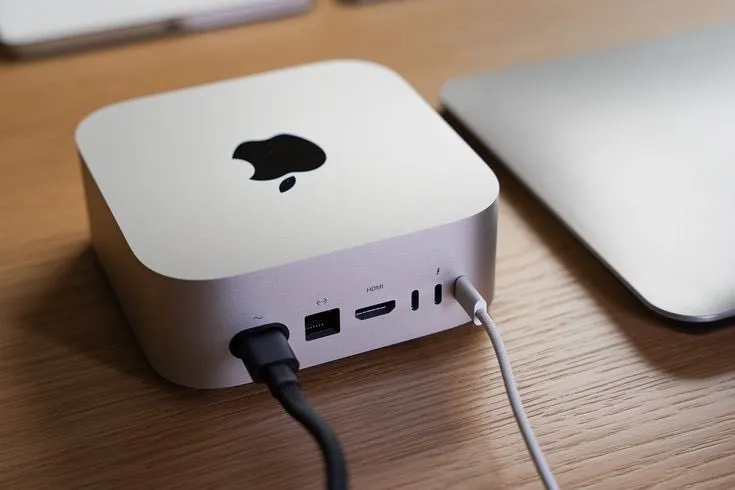By Katelynn Richardson, Daily Caller News Foundation | January 23, 2025
Under the Biden administration, a little-known federal mental health agency quietly transformed into a hub for transgender activists, handing out millions in grant funds to researchers and activists for programs to support LGBTQ-identifying youth and adults.
Nearly $360 million in Substance Abuse and Mental Health Services Administration (SAMHSA) grants over the past four years were awarded to projects including the keyword “transgender,” according to government data reviewed by the Daily Caller News Foundation.
President Donald Trump’s day one executive order recognizing there are only “two sexes” instructed agencies to ensure grant funds are not used to promote gender ideology, making SAMHSA a likely target.
A portion of these SAMHSA grants, primarily funded through the LGBTQI+ Family Support grant opportunity, fund “therapy” programs aimed to convince parents to affirm their child’s gender confusion. Nearly $6.8 million went towards these programs between 2023 and 2024, according to an agency press release.
“Most [SAMHSA] dollars don’t go to serious mental illness (like schizophrenia and bipolar disorder) but, rather, community mental health aimed at the ‘worried well’, prevention efforts (even though we don’t know how to prevent mental illness, or suicide for that matter), and other educational/awareness campaigns on common issues and normal distress, or whatever faddish issue of the day is, like improving emotional wellness for ‘LGBTQIA+,'” Carolyn D. Gorman, Paulson Policy Analyst at the Manhattan Institute, told the DCNF.
SAMHSA’s annual budget has doubled over the past decade, rising from $3.4 billion in 2014 to $7.4 billion in 2024. Gorman, who recently suggested President Donald Trump should abolish the agency, believes gender identity is only the latest iteration of problems that have persisted since the agency’s establishment in 1992.
Funding ‘Activist Researchers’
SAMHSA’s recent LGBTQI+ Family Support grant opportunity funded a project targeting the children of military families, aiming to convince parents that they should actively support their child’s desires to live as the opposite gender. Another grant went to a Michigan organization that intends to enlist public school districts in locating students to refer to its program, the DCNF previously reported.
The grant opportunity is one way the agency has become a major funder of efforts to make unquestioningly affirming children’s feelings about their gender the dominant approach to treating mental health issues.
In 2020, SAMHSA issued a $3.5 million grant to launch the Center for Excellence in LGBTQ+ Behavioral Health Equity (CoE LGBTQ+ BHE), which is now housed at the University of Connecticut. SAMHSA frequently points to resources developed by the center on its website.
Two women who run the center — Marlene Matarese and Angela Weeks — also received a $10 million grant from the Administration for Children and Families (ACF) in 2016 to launch a center that piloted several “interventions” for LGBTQ-identifying youth in foster care agencies nationwide that strong-arm parents into affirming their child’s gender confusion.
Interventions previously developed using government funds, such as a program designed to improve “affirmative caregiving attitudes” among parents called Affirm Caregiver, are now promoted by the SAMHSA-funded CoE LGBTQ+ BHE.
Affirm Caregiver pushes parents to “to recognize that being affirmative is not simply the absence of homophobia and trans-phobia, but instead is the presence of clear, explicit, and consistent identity-affirming attitudes, beliefs, and behaviors,” one study of the program explains.
The center, through a partnership with Affirmative Research, offers training sessions to help individual therapists and organizations learn how to use the interventions.
Programs, like Affirm Caregiver, are listed as suicide prevention tools by the CoE LGBTQ+ BHE.
Manhattan Institute policy analyst Joseph Figliolia told the DCNF that these “shaky studies” funded by the agency are used “to shore up the narrative that affirmation is always a net good regardless of an individual’s unique circumstances or mental health needs, and to influence public opinion and policy in that direction.”
In June 2024, SAMHSA sponsored the LGBTQI+ Behavioral Health Summit, which brought in grant project directors, major health organizations and representatives from LGBTQ activist groups to address mental health and substance abuse within the community.
Summit participants included organization leaders like American Medical Association President Jesse Ehrenfeld and GLMA: Health Professionals Advancing LGBTQ+ Equality Executive Director Alex Sheldon.
“During the Summit, one of the presenters emphasized the critical need to help families accept their LGBTQI+ children by educating clinicians on evidence-based approaches to family therapy that work towards acceptance,” Public Health Advisor Emily Hassey wrote on SAMHSA’s blog in October. “Another presenter discussed the need for increased positive LGBTQI+ representation in media, TV, and film. This representation can help show youth that there is a future for themselves, even if, in their community, they do not see others like themselves.”
Dr. Jennifer Bauwens, director of the Center for Family Studies at Family Research Council, told the DCNF these kinds of programs operate on the false premise that the child’s problems are primarily rooted in “minority stress.”
“There’s no way that human behavior can be described so simplistically,” she told the DCNF. “But these types of activist researchers have framed the whole issue around this problem.”
‘Affirming LGBTQI+ Youth’
Assistant Secretary for Mental Health and Substance Abuse Miriam Delphin-Rittmon wrote in 2022 that “supporting and affirming LGBTQI+ youth are the best actions mental health providers, families, friends, school personnel, and community leaders can take.”
In SAMHSA’s recent awards, gender identity shows up in unexpected places.
One $375,000 SAMHSA grant awarded in 2024 to an LGBTQ community center in New York City seeks to reduce substance abuse risk by offering “affirming and inclusive services” for youth. Using grant funds, the center intends to help public schools implement programs like Proud & Empowered, which pulls students out of class for lessons on LGBTQ activism.
Students who participate in Proud & Empowered learn LGBTQ history, including through a “queer jeopardy” game, and read articles highlighting how LGBTQ students have arranged classroom walk-outs and marches, according to the program’s website.
Another $16,000 in agency funds went towards installing “gender-neutral” restrooms in a Connecticut substance abuse clinic.
SAMHSA offered guidance to states in 2024 on using grant funding not explicitly earmarked for LGBTQ causes to support that group.
For instance, one New York organization used Mental Health Awareness Training (MHAT) funds to train community members “on LGBTQI+ terminology, health disparities, resources, and healthcare access needs.”
The agency also suggests using funding from Project AWARE, which is designed to support school-based mental health services, for LGBTQ support programs. In Hawaii, the Department of Education used this federal funding to bolster Gender Sexuality Alliance (GSA) clubs in schools, according to the document.
“The Mental Health and Recovery Board of Union County, based in Marysville, OH, utilized Project AWARE funding to support LGBTQI+ youth activities and employ an LGBTQI+ specialized therapist,” the guide highlights. “The Hawaii State Department of Education’s (HIDOE) Project AWARE grant supported the formation of a Sexual and Gender Minority & HIDOE Collaboration Workgroup; training for students and staff; engagement with Gay-Straight/Genders & Sexualities Alliances clubs at schools; and supportive youth forums in partnership with the state legislature.”
Likewise, National Child Traumatic Stress Initiative (NCTSI) grant awardees used funds to host a “Native Roundtable celebrating Two-Spirit Pride and an Indian Youth podcast” at the University of Iowa. At several hospitals and care centers, federal dollars went towards training staff on “LGBTQI+ trauma-informed approaches,” according to the document.
“The Substance Abuse and Mental Health Services Administration’s (SAMHSA’s) National Survey on Drug Use and Health (NSDUH) data shows that LGB+ adults in the U.S. are more likely to experience mental health and substance use conditions such as depression, suicidality as well methamphetamine use and alcohol use disorder,” the agency said in a statement to the DCNF prior to Trump’s inauguration. “Similarly, NSDUH data show that LGB+ adolescents are more likely to experience mental health and substance use conditions such as experiencing a major depressive episode, attempting suicide and using marijuana.”
The DCNF reached out to SAMHSA to clarify how it would respond to Trump’s new executive order. A SAMHSA official said Thursday the HHS has paused non-emergency communications until its new team can set up a process for “review and prioritization.”
SAMHSA’s affirmation-focused programs operate in spite of other government-funded research showing an adolescent’s brain does not finish developing until the mid 20s.
“In our own government, the right hand doesn’t know what the left hand is doing,” Bauwens told the DCNF.
‘Zero Its Budget’
“What happens next with the agency really comes down to whether or not you believe it can be reformed,” Figliolia told the DCNF.
Gorman argued in a January piece for City Journal that the incoming Trump administration should “zero its budget,” as SAMHSA has become “hub for progressive activism” more broadly.
“In SAMHSA’s strategic plan, it mentions ‘mental health’ 250 times, but ‘mental illness’ only 42 times, and ‘schizophrenia’ once,” Gorman told the DCNF. “Those who need the most help, with the most serious disorders, are wildly deprioritized.”
The Government Accountability Office (GOA) has highlighted issues with SAMHSA’s data quality and failure to document its application criteria in the past, she notes.
“I think people are beginning to realize that some of the things that have been done behind the closed doors of the counselors office are causing a lot of harm,” Bauwens told the DCNF. “And while that’s not the case in every situation, it’s happening more than it should. Certainly one way that we could deal with this is cutting off some of the funding sources for things that are clearly ideologically driven and that just aren’t supported by other research.”
Katelynn Richardson is an investigative reporter at the Daily Caller News Foundation.
Original article link

